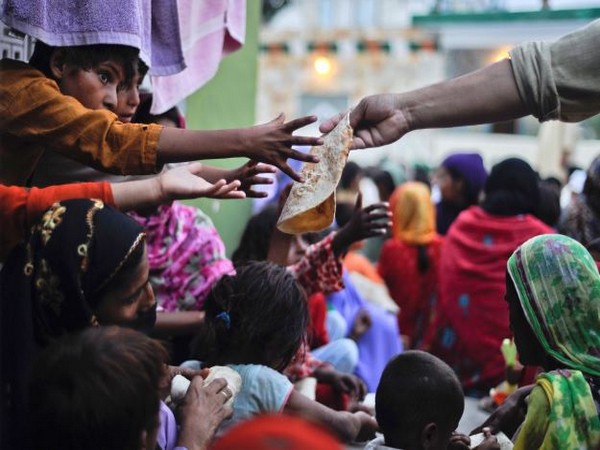
Kabul: Afghanistan remained one of the world's worst humanitarian disasters and the crisis has worsened after a ban on women working for NGOs, Human Rights Watch said in a report, according to ToloNews.
According to the report, Afghanistan's two-thirds of the population is food insecure. The report further read that 875,000 children face acute malnutrition.
"Afghanistan has largely disappeared from the media, but it remains one of the world's worst humanitarian disasters. Two-thirds of the country's population is food insecure, including 875,000 children facing acute malnutrition. Women and girls remain most at risk," said Human Rights Watch, reported ToloNews.
"The additional information I have is that the humanitarian situation remains critical in Afghanistan and our operations also remain underfunded," said Stephane Dujarric, Spokesman for the United Nations Secretary-General Antonio Guterres.
Earlier, World Bank in its report had said that Afghanistan is among one of the seven countries which face a catastrophic level of food crisis.
According to the report, the seven food crisis-hit countries include Afghanistan, Burkina Faso, Haiti, Nigeria, Somalia, South Sudan, and Yemen.
The number of people experiencing food crises in these countries is the highest since the Global Report on Food Crises started reporting data in 2017.
Meanwhile, UNICEF has also warned that it is facing a lack of critical food aid in Afghanistan due to a shortage of funding, amidst a widespread humanitarian crisis in the country.
Melanie Galvin, chief of nutrition at the United Nations Children's Fund (UNICEF), in a video message on Twitter, said that thousands of vulnerable children could die from severe malnutrition in Afghanistan this year alone.
Galvin further added the global food organization faces an urgent funding gap of USD 21 million to buy essential supplies for treating malnutrition and training health workers around the country.
The organization also faces a shortage of ready-to-use therapeutic food (RUTF), she said. RUTF is considered an essential ready-made food supplement that can cure children suffering from malnutrition, according to Khaama Press.
Years of conflict, poverty, and the broken and donation-based economy have forced ordinary people to suffer acute hunger and food shortage.
UNICEF in its report highlighted that Afghanistan is home to one of the world's worst humanitarian crises. More than 28 million people, including over 15 million children, need humanitarian and protection assistance this year, a staggering increase of 4 million people over 2022.
Since the return of the Taliban to power in Afghanistan in 2021, the economy has failed to recover, keeping millions of people on the verge of starvation.